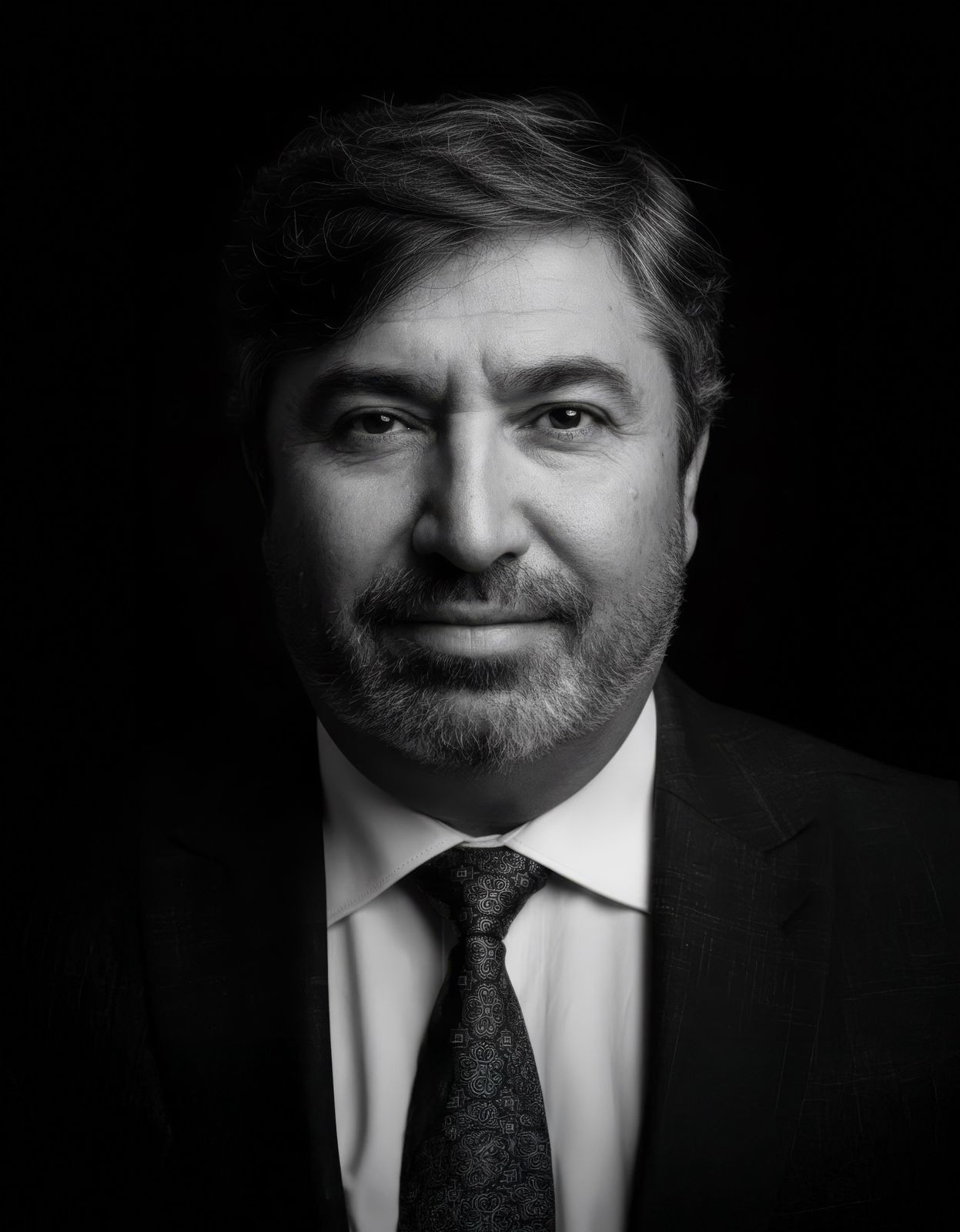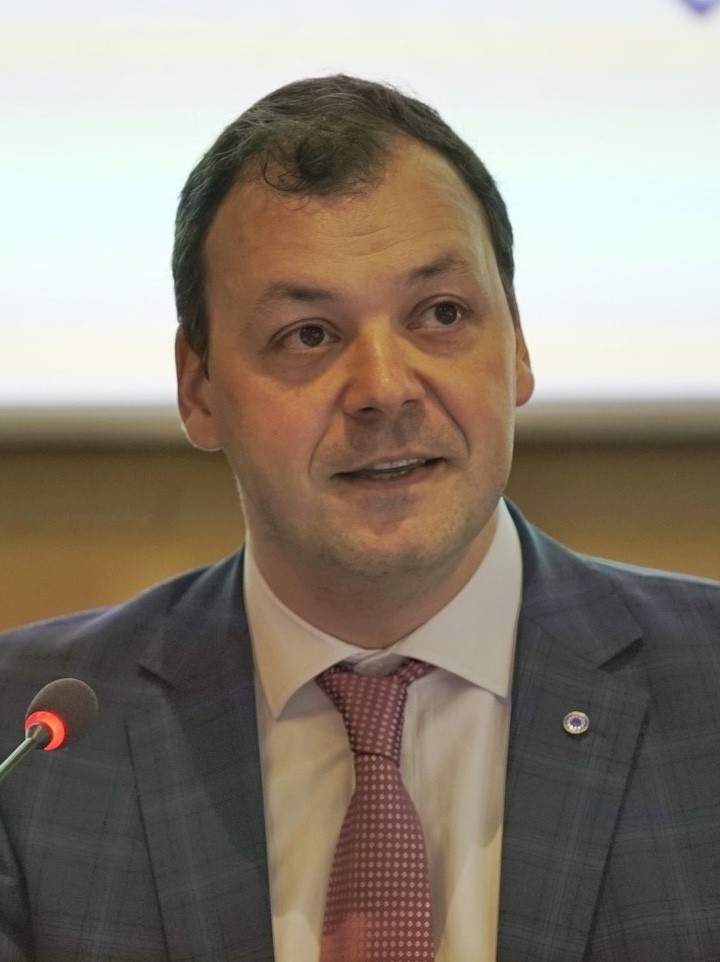The Kurdistan Region is known for its rich cultural heritage, diverse ecology, towering mountains, and unique landscapes. In recent years, the region has grappled with one of the most complex and urgent problems facing the world today: climate change. Ever higher temperatures, droughts, floods, and wildfires are threatening our biodiversity, wildlife, agriculture, and water resources. We have been forced to seek innovative solutions to mitigate the effects of climate change and safeguard our ecosystems.
Prime Minister Masrour Barzani is deeply concerned about the impact of climate change. Under his leadership, the Kurdistan Regional Government (KRG) has spearheaded pilot projects for mitigation through improved electricity management and residential rooftop solar power, water conservation in dams and ponds, and plans for urban parks and rural forests.
A united front has been developing across the globe to confront climate change, although the enforcement of international agreements remains uneven. The Conference of the Parties (COP) to the UN Framework Convention on Climate Change has been playing a pivotal role in this effort. Every year at COP, world leaders, scientists, government officials, non-governmental organizations (NGOs), and industrial delegates convene to evaluate the progress of addressing climate change and discuss further actions.
This year, Azerbaijan is hosting the 29th COP in Baku from November 11 to 22. The KRG has participated in several COP conferences and will do so again this year as part of the Iraq delegation.
The Kurdistan Region faces significant challenges that need funding to expand cost-effective adaptation and mitigation projects, such as water harvesting and management systems, improved electricity management, afforestation projects, and ambitious plans for renewables.
The Kurdistan Region has very good potential for renewable energy, particularly solar power. Currently around 7% to 8% of electricity is from renewables, 20 MW of solar power and 150-250 MW from hydropower depending on precipitation. There are excellent opportunities to scale up solar. As an oil producer, we have made strides in transitioning towards cleaner energy through flare gas capture and combined cycle power gas turbine production. Today 20 to 25% of electricity is produced from cleaner energy.The effort to restore Kurdistan’s forests is also under way. Accord- ing to the World Food Program, close to 50% of the region’s forests have been lost since the 1950s, which impacts all of Iraq since 90% of Iraq’s forested areas are in Kurdistan.
A project funded by the World Food Program in Sulaymaniyah has helped a nursery grow its annual production from 250,000 saplings to 1.5 million in just two years. In Erbil, two NGOs, hand in hand with the KRG, have started the Million Oaks project, with the aim of creating a forest in the heart of Kurdistan’s capital, making the city more livable and sustainable.
With support from developed nations and the private sector, Kurdistan can access the necessary finance and technology to enhance its resilience. Participating in the voluntary carbon credit market would allow Kurdistan to conserve and expand our native forests and protect our biodiversity, contributing to carbon sequestration while fostering sustainable economic growth for the region.
We in the Kurdistan Region, like many countries, need to develop our capacity and expertise on data collection and climate change science and research to help us build the case for climate financing for both mitigation and adaptation. At COP29, we will reach out and network with counterparts to lobby for our climate plans and strengthen our capacity. We will also promote Kurdistan’s young climate activists and experts as the next generation of climate champions.
With comprehensive planning as part of Iraq, international support, and shared commitment, Kurdistan’s presence at COP29 is a critical step toward a resilient, sustainable future.
Bayan Sami Abdul Rahman is a senior advisor to Kurdistan Region Prime Minister for Foreign Affairs and Climate Change.

